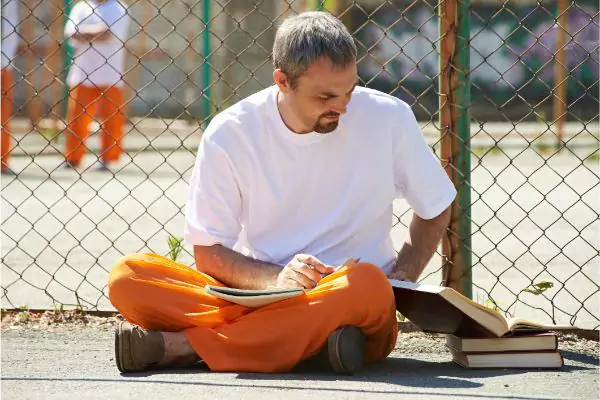New York City Hopes New Jails Will Help The Mentally Ill

In October of 2019, the New York City Council approved a plan to close the Riker’s Island jail complex and replace it with four new borough-based facilities by 2026. The plan comes with an estimated $8.7 billion in construction funds. In addition, the city council voted to include in the plan $391 million to assist with criminal justice reform and efforts to reduce the jail population.
One of the most complicated issues facing officials when it comes to jail reform is the estimated 43% of inmates in New York City who suffer from a mental illness. One-third of these inmates have a severe mental illness and require intensive treatment. Many see the new focus on rehabilitation as a step in the right direction toward changing the approach the criminal justice system takes with regard to mental illness.
New Facilities
The closure of Riker’s Island has been discussed for decades. Recent issues with the approach employees of the facility take towards the mentally ill have shed light on overall problems with the jail that houses approximately 7,000 inmates at a time. New facilities will be built in each of the city’s boroughs with the exception of Staten Island. Each facility will hold approximately 885 inmates. There will also be beds available at existing hospitals for inmates who require medical care. The goal of the new facilities is to provide, among other things, a better environment for inmates. This includes better access to mental health care for those who need it. About 40% of the beds in the jail will be therapeutic housing units to account for inmates with mental illness.
Community Services
Critics of the plan argue that the goal should ultimately focus on reducing the number of mentally ill inmates. The city plans to focus funds on community-based mental health treatment and alternatives to incarceration. The community investment package voted on by the city council will hopefully provide for expansion of programs that provide discharge and reentry services for the recently incarcerated. The city also hopes to reduce the jail population by changing the approach police take to individuals in a mental health crisis.
If you or a loved one has a mental disability and has been arrested or convicted of a crime, you need an experienced criminal defense attorney on your side. Elizabeth Kelley specializes in representing individuals with mental disabilities. To schedule a consultation call (509) 991-7058.


